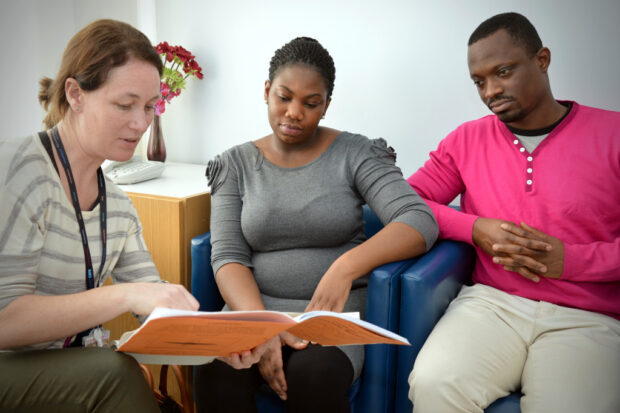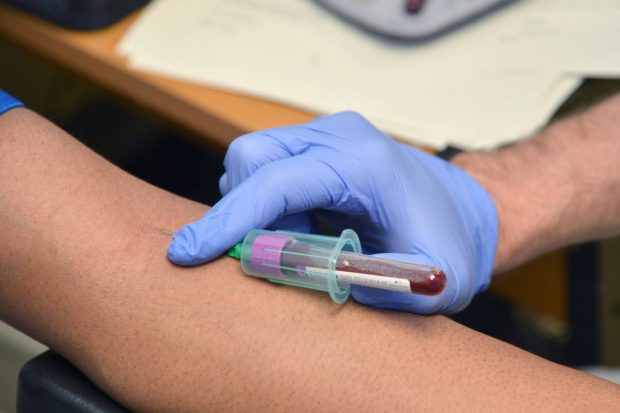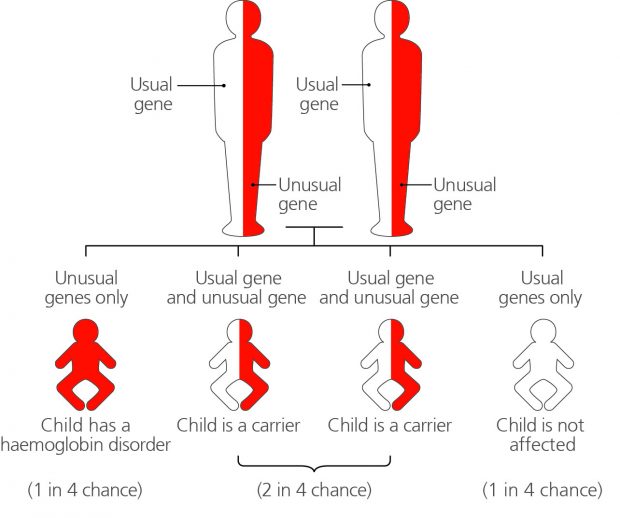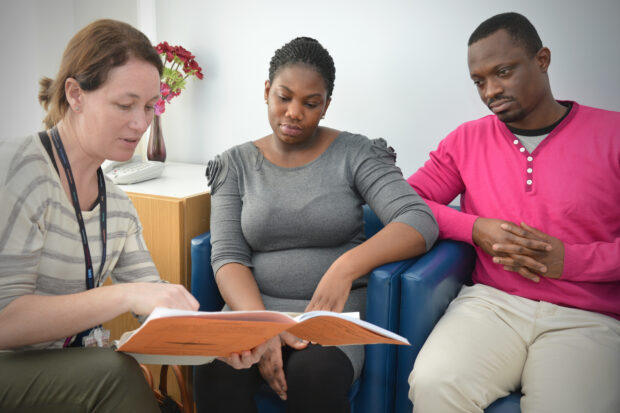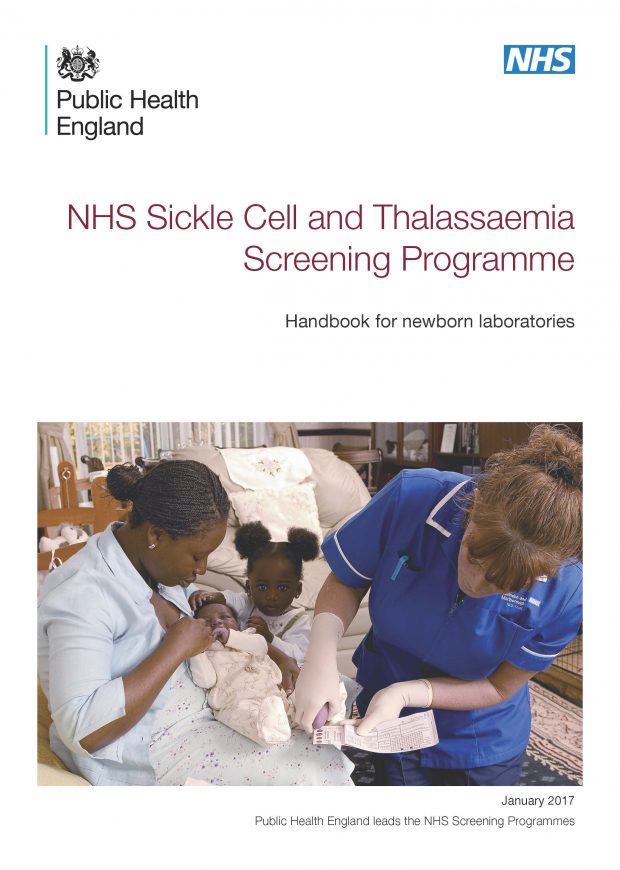We offer screening for sickle cell and thalassaemia (SCT) to all pregnant women. We also offer to screen the baby’s biological father if the mother is found to be a carrier of or have a sickle cell or thalassaemia condition.
The NHS Fetal Anomaly Screening Programme (FASP) offers screening to pregnant women so they can find out how likely it is that their baby has Down’s (Trisomy 21 or T21),...
We published a blog in November about non-invasive prenatal testing (NIPT).
Our 3 antenatal screening programmes have joined forces with the national Screening Quality Assurance Service (SQAS) team to hold 8 regional workshops during 2017.
The National Antenatal Infection Screening Monitoring (NAISM) team in Public Health England’s National Infection Service (NIS) has published the 2015 annual summary report on antenatal screening for infectious diseases.
...deadline for responding is Monday 27 March. Thank you for helping us and we look forward to reading your comments. PHE Screening blog PHE Screening BLOG articles provide up to...
We have published the annual data report for the NHS Sickle Cell and Thalassaemia (SCT) Screening Programme covering 1 April 2015 to 31 March 2016.
...by making sure providers work to the same common pathway, use the same definitions and the same comparable information. The standards measure important points in the screening journey, including coverage...
In this blog article, antenatal and newborn screening coordinator Louise Frost explains how the creation of an antenatal booking centre (ABC) improved early access and continuity of care for women at Princess Royal University Hospital (PRUH) in south east London.
...laboratory subgroup members for feedback. There are 2 main revisions. We’ve added tandem mass spectrometry as another laboratory method that can be used to screen for sickle cell disease in...
